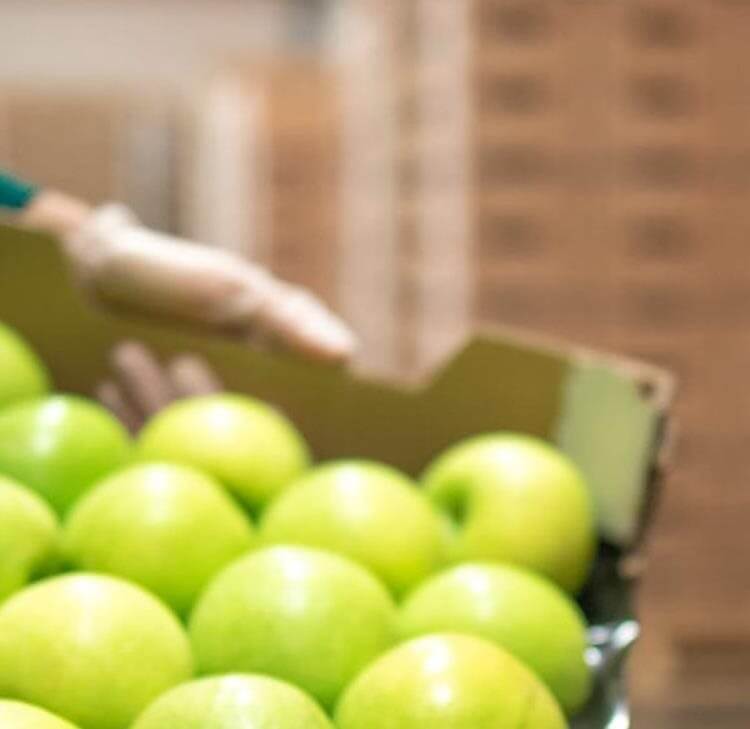The food and drink industry, a cornerstone of global economies, has long been characterised by its dynamic nature and capacity for innovation. Yet, beneath the surface of this vibrant sector lies a persistent challenge – the underrepresentation of women in leadership roles. This disparity not only highlights a significant issue of gender inequality but also represents a missed opportunity for the industry to harness the full spectrum of talent and perspectives available.
As industries worldwide strive to improve diversity and inclusion, the food and drink sector must move beyond mere lip service to truly champion the work of women. This article delves into the challenges facing women in this traditionally male-dominated industry, celebrates the progress made thus far, and outlines key strategies to ensure that women feel empowered and have senior figures who understand and support them.
Challenges in a male-dominated arena
The journey of female professionals in the food and drink industry is fraught with obstacles, from pervasive stereotypes and biases to a lack of mentorship and networking opportunities. Women often face barriers to advancement, including unequal access to leadership roles and a gender pay gap that undervalues their contributions. These challenges are compounded by a culture that has historically favoured male leadership, making it difficult for women to ascend to positions of power and influence.
The importance of female leadership
Despite these hurdles, the importance of female leadership in the food and drink sector cannot be overstated. Women bring unique perspectives, innovation, and leadership styles that are crucial for addressing the complex challenges facing the industry today. From sustainability and ethical sourcing to consumer health and safety, female leaders are at the forefront of driving positive change. Moreover, companies with diverse leadership teams have been shown to outperform their less diverse counterparts, demonstrating that empowering women is not only a matter of equity but also a strategic business imperative.
Progress and why it matters
Thankfully, the landscape is changing. The industry has witnessed inspiring examples of female leadership breaking through the glass ceiling, setting a precedent for future generations. Organisations are increasingly recognising the value of diversity and inclusion, implementing policies and initiatives aimed at supporting women's advancement. These efforts are crucial for fostering a culture of equality where women's contributions are celebrated and their leadership potential is fully realised.
Beyond lip service: real change for real people
However, acknowledging the need for diversity and inclusion is only the first step. The industry must move beyond token gestures and commit to substantive, actionable strategies that address the root causes of gender disparity. This includes creating transparent pathways for career advancement, offering mentorship and networking opportunities tailored to women's needs, and implementing equitable pay practices. Additionally, fostering an inclusive workplace culture that challenges stereotypes and biases is essential for making women feel valued and supported.
Empowering women: Strategies for success
As emphasised by Annabel McLelland, Technical and Sustainability Director of Long Clawson Dairy Limited, to truly empower women in the food and drink sector, industry leaders must adopt a multifaceted approach. This includes:
- Leadership commitment: Senior figures must lead by example, demonstrating a genuine commitment to gender diversity and inclusion at all levels of the organisation.
- Mentorship and sponsorship: Establishing mentorship programs that connect women with experienced leaders can provide invaluable guidance, while sponsorship opportunities can help women gain visibility and advance in their careers.
- Flexible working arrangements: Recognising the diverse responsibilities and challenges women may face outside of work, flexible working arrangements can support work-life balance and retention.
- Education and training: Offering training programs that focus on leadership development, negotiation skills, and confidence building can equip women with the tools they need to succeed.
- Creating safe spaces: Encouraging open dialogue about gender issues and creating safe spaces where women can share their experiences and challenges is crucial for understanding and addressing barriers to inclusion.
Conclusion
The journey toward gender equality in the food and drink sector is ongoing, but the progress made thus far offers hope and inspiration. By championing female leadership and implementing strategic measures to support and empower women, the industry can unlock its full potential. The benefits of such efforts extend beyond the individuals involved, enhancing innovation, productivity, and sustainability across the sector. As we move forward, let us commit to not only celebrating the achievements of women in the food and drink industry but also to actively fostering an environment where every woman has the opportunity to thrive.
Key contact

Amba Griffin-Booth
Principal Associate
Amba.Griffin-Booth@brownejacobson.com
+44 (0)330 045 2489









































